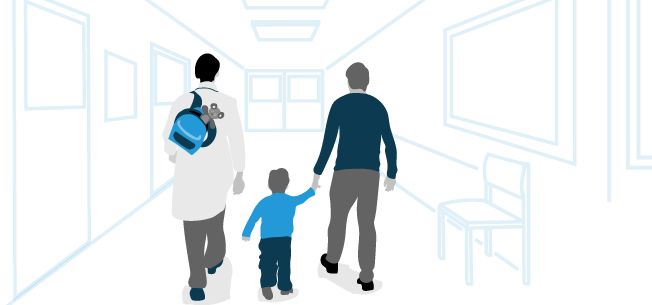Sorry, this page does not exist.
RISK OF SERIOUS ALLERGIC REACTIONS
Some patients have experienced serious allergic reactions (including life-threatening anaphylactic reactions) during and up to 24 hours after treatment, regardless of how long they were taking ELAPRASE. Anaphylactic reactions are immediate and include breathing problems, low oxygen levels, low blood pressure, hives and/or swelling of the throat or tongue. If a patient (you or your child) has experienced an anaphylactic reaction, the patient may require an extended period of observation by the patient’s healthcare team. If you or your child has breathing problems, a fever, or a respiratory illness, you or your child may be at risk of life-threatening worsening of those conditions due to allergic reactions from ELAPRASE. Your healthcare team should be advised of those conditions before treatment with ELAPRASE because the information may affect the timing of ELAPRASE treatment.


